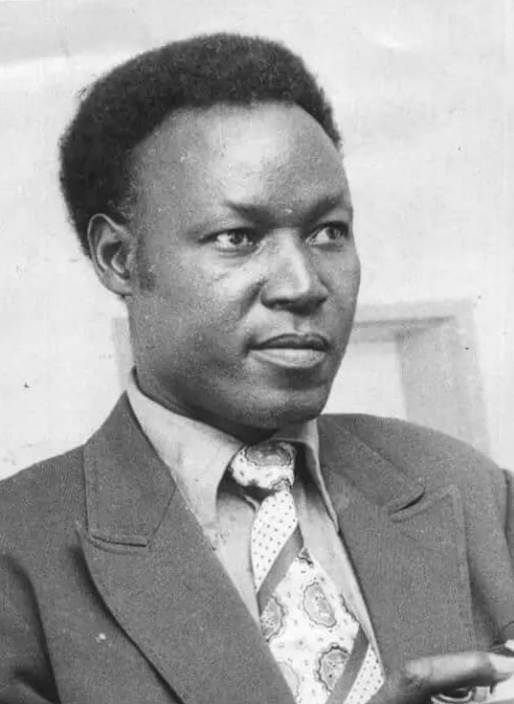Godfrey Chitalu is a name that resonates deeply in the history of Zambian football and beyond. Known for his incredible talent and remarkable achievements, Chitalu is often regarded as one of Africa’s greatest footballers. Here are 20 things you should know about this legendary figure.
- Early Life: Godfrey Chitalu was born on October 22, 1947, in Kabwe, Zambia (then Northern Rhodesia). He showed a passion for football from a young age, playing on the streets and local fields.
- Youth Career: Chitalu began his football journey with the local team, Kabwe Warriors, where he showcased his talent and earned recognition for his skills.
- Professional Debut: He made his professional debut with Kabwe Warriors in 1965, quickly establishing himself as a key player for the team.
- Position: Chitalu was primarily a forward, known for his exceptional goal-scoring ability and versatility on the pitch.
- Goal-Scoring Record: He holds the record for the most goals scored in a single season in Zambian football, netting an impressive 107 goals in the 1972 season.
- National Team Career: Chitalu made significant contributions to the Zambian national team, earning 111 caps and scoring 79 goals, making him one of the country’s all-time leading scorers.
- International Competitions: He represented Zambia in various international competitions, including the Africa Cup of Nations, where he showcased his skills on a larger stage.
- Club Success: Throughout his club career, Chitalu won numerous league titles and cups with Kabwe Warriors, establishing the club as a dominant force in Zambian football.
- Influence on Zambian Football: Chitalu’s success inspired a generation of Zambian footballers and helped raise the profile of football in the country.
- Tragic Death: Tragically, Godfrey Chitalu lost his life in a plane crash on April 27, 1993, along with several teammates and officials of the Zambian national team. The disaster deeply affected the football community in Zambia and across Africa.
- Coaching Career: After retiring from playing, Chitalu transitioned into coaching, where he continued to influence the game and mentor young players.
- Legacy: Chitalu’s legacy lives on through his records, his contributions to Zambian football, and the impact he made on future generations of players.
- Honors and Recognition: In recognition of his contributions to football, Chitalu has been posthumously inducted into various sports halls of fame, including the Zambian Sports Hall of Fame.
- International Recognition: His talents were not only recognized in Zambia but also appreciated by international football organizations, solidifying his status as a football legend.
- Godfrey Chitalu Stadium: In honor of his contributions to Zambian football, a stadium in Kabwe was named after him, ensuring that his memory endures.
- Cultural Icon: Chitalu is celebrated not only as a footballer but also as a cultural icon in Zambia, symbolizing excellence and dedication to the sport.
- Personal Life: Chitalu was known for his humility and sportsmanship, earning respect both on and off the field.
- Influence on African Football: As one of Africa’s premier footballers during his time, Chitalu’s success paved the way for other African players to gain recognition on the international stage.
- Documentaries and Biographies: His life and career have been featured in various documentaries and books, highlighting his impact on football and his tragic demise.
- Commemoration: Every year, Zambians honor Chitalu’s memory, reflecting on his contributions to the sport and the enduring legacy he left behind.
Godfrey Chitalu remains a towering figure in the history of Zambian football. His extraordinary talent, goal-scoring prowess, and contributions to the sport have solidified his place as a legendary footballer. Even after his untimely passing, Chitalu’s legacy continues to inspire countless aspiring footballers in Zambia and beyond, ensuring that he will never be forgotten in the annals of football history.






